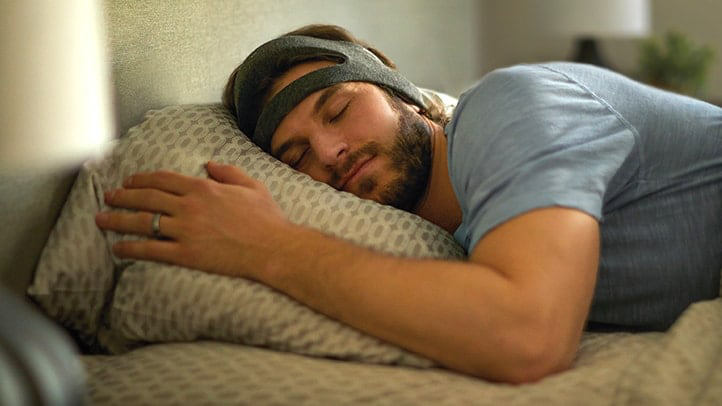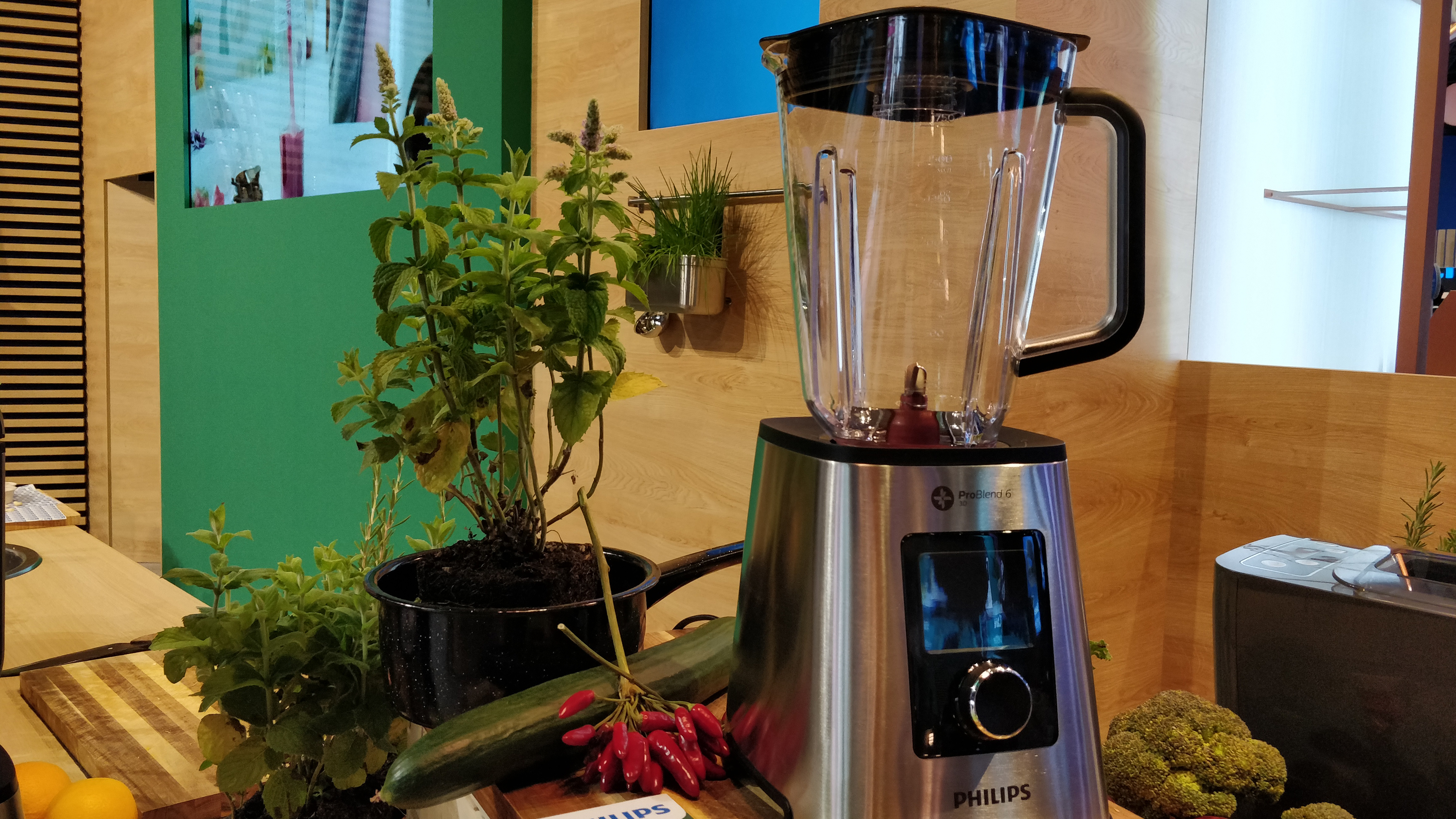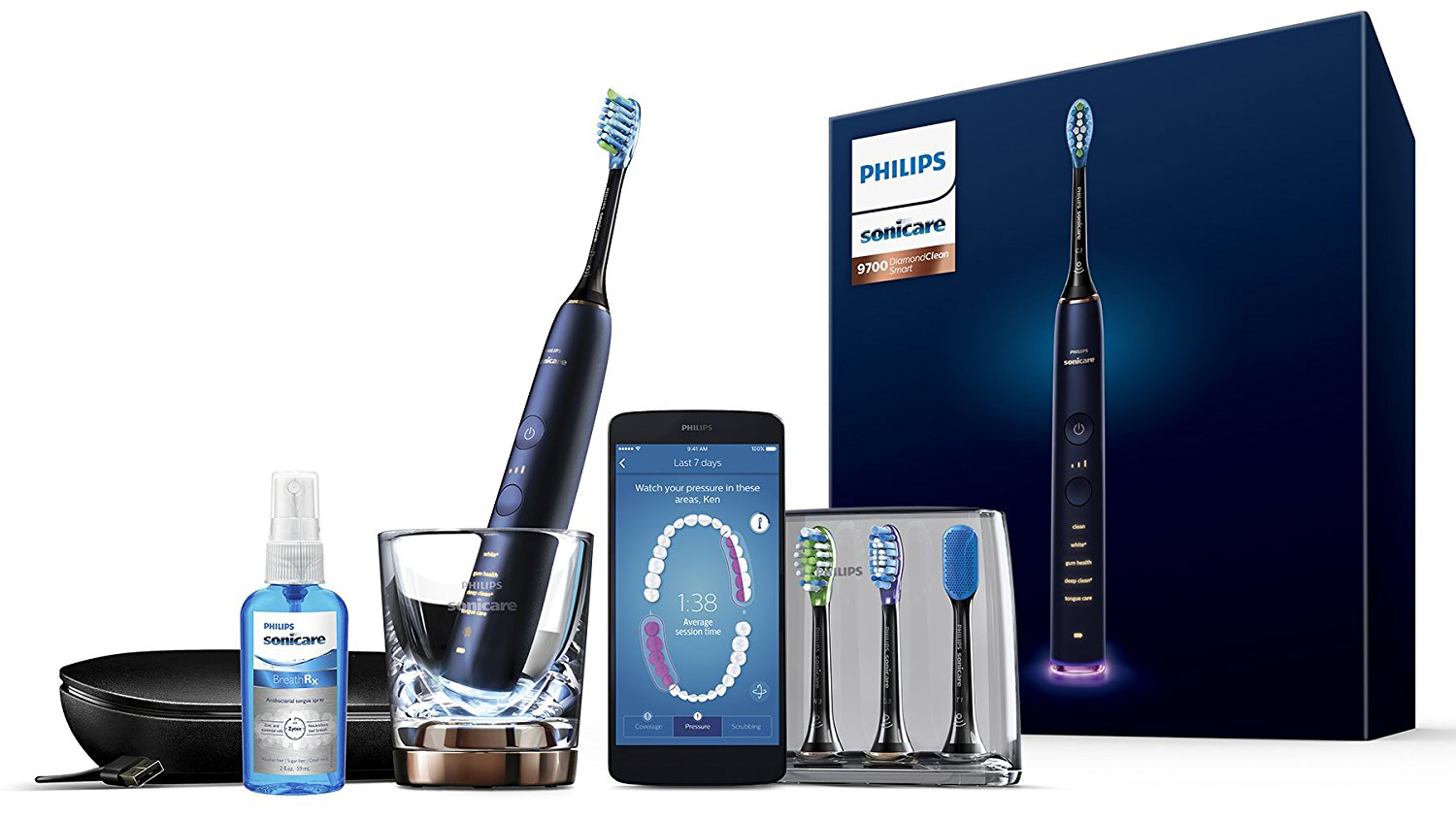Smart home technology needs to be a tool for self-care, too
Sleep better, eat better

A new blender was never going to set the internet alight, but when Philips unveiled a number of new health-focused smart home appliances at this year’s IFA trade expo in Berlin, it begged the question: what are we using smart devices for?
Even within technology circles, the smart home market can be hard to define precisely – and equally it can be hard to tell when a ‘dumb’ appliance becomes a ‘smart’ one. But the general move towards greater connectivity, and the ability of devices to talk to the internet – and each other – makes the idea of a smart home dependent on a general increase in the intelligence of our goods, not necessarily a particular function or feature.
Smart speakers have really led the charge here, with the prominence of the Amazon Echo convincing countless third-party manufacturers to fit the Alexa smart assistant into their products. Now your Echo speaker or Alexa-enabled alarm clock can access your lighting system, or speak to your fridge.
- Check out the best smart home gear from IFA 2018
The ease of control seems the major pull: an ecosystem where everything you own is part of the same network, meaning your home is ‘smart’ enough for all its constituent parts to work in tandem, and relay your instructions from one device to another.
There’s work to be done here, and the proliferation of multiple smart assistants and software platforms makes compatibility hard to ensure. But even with a seamless interconnected smart home, the focus on wider capability often ignores the potential of smaller, quality interactions: ones that aim to actually try improve your quality of life.
Looking after yourself

Philips took to the stage at IFA 2018 to announce a trio of new products designed to make you ‘sleep better, eat better, care better’. The first, Philips SmartSleep, is a headband that uses dual sensors to track your level of sleep, and emits quiet audio tones that can reportedly lengthen your period of ‘deep sleep’.
Whatever the success of the audio feature – Philips claims 70% of trial users felt a benefit after using it for two weeks – the main draw of something like the SmartSleep may just be in how it makes you think more carefully about your sleep, and how much rest you actually need. All your sleep tracking info is detailed in real-time on a smartphone app, so by the time you wake up you’ll have a host of information about how well you slept.
Get daily insight, inspiration and deals in your inbox
Sign up for breaking news, reviews, opinion, top tech deals, and more.
The second is the Intelligent Blender: essentially a food processor with modern smart capability. It comes with a built-in scale for weighing ingredients, and links directly to a NutriU smartphone app with nutritional information, calorie and sugar intake, and a host of recipes and dietary advice.

Along with a smart DiamondClean toothbrush and dentistry-focused Sonicare app – which analyzes your brushing technique and offers personal consultations based on selfies of your own teeth – Philips is bringing smart home advancements to places where its impact on your life can be felt. Maybe more so than being able to shout at your loudspeaker to change songs.
All three products are seeing wider global release in 2019, though SmartSleep is already in Germany, and the Sonicare app is currently live in the United States.
User-friendly

There is, however, a danger to so much reflection on your day-to-day habits. When we reviewed the HiMirror Plus+ earlier in 2018, we noted its ability to assess skincare issues and offer tips for maintenance. While potentially useful, finding ‘flaws’ with your appearance to fix can prove a difficult rabbit hole.
And for any ‘smart care’ device, you’ll only get something out of it if you’re prepared to invest your time – and money. The SmartSleep is expected to retail at $399 (around £310 / AU$550), while the latest HiMirror Mini stands at $119 (around £90 / AU$195).
For all the hype of the market, we are still at the advent of the smart home era, and it’s hard to tell how domestic life is going to change even in the next few years. But if we can direct it towards encouraging more thoughtful lifestyles, and limit the impulse for self-critique, we’ll have been smart about it.
Henry is a freelance technology journalist, and former News & Features Editor for TechRadar, where he specialized in home entertainment gadgets such as TVs, projectors, soundbars, and smart speakers. Other bylines include Edge, T3, iMore, GamesRadar, NBC News, Healthline, and The Times.
